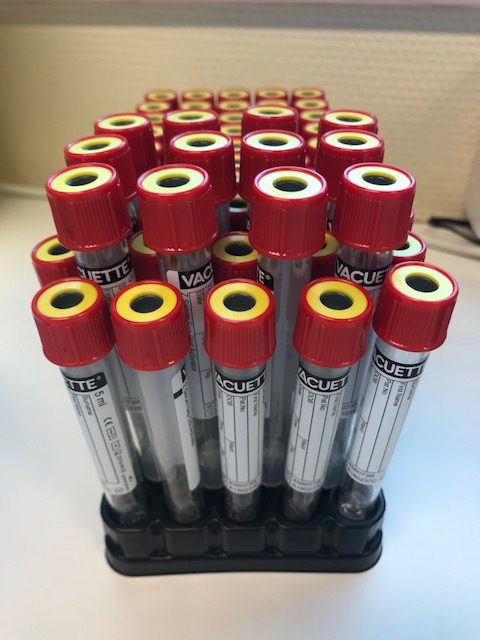Henrik Vogt har fått artikkelen How precision medicine and screening with big data could increase overdiagnosis på trykk i BMJ. Tema for artikkelen er hvordan bruk av nye monitoreringsteknologier kan gi mye mer overdiagnostikk og spesielt i primærhelsetjenesten.
Artikkelen bygger videre på Henriks phd-arbeid som han disputerte på i 2017, System medicine as a theoretical framework for primary care medicine: a critical analysis.

Den danske Weekendavisen har også skrevet om artikkelen i et innlegg med overskriften «De sidste raske», hvor Henrik også er intervjuet. Han sier blant annet:
»Teknologien udvikler sig sådan, at hvis vi vil, kan vi underlægge vores kroppe en slags totalitær medicinsk overvågning. Men gør vi det, vil vi også opdage rigtig meget om vores kroppe, som egentlig ikke er væsentligt, men som alligevel vil tage vores opmærksomhed, bekymre os og kræve handling og ressourcer,«
